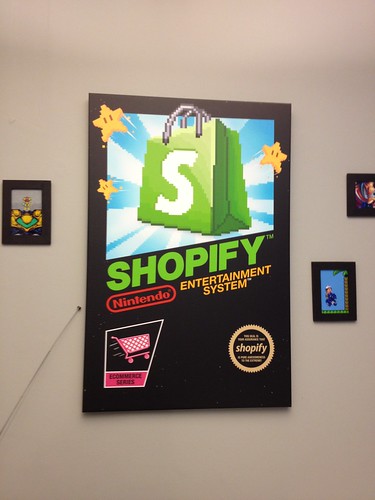[T]he really important thing about being alive is how you relate to other people and the world around you, rather than how many tasks you complete or how quickly.
The Story Spine
Teresa Norton writes at HBR about how a simple exercise called the story spine can help you get unstuck and make change while “living truthfully” at work. The story spine is a narrative tool created by playwright, improviser, and theater educator Kenn Adams used to craft well-structured stories. As Norton’s post shows, the story spine can be … Read more



